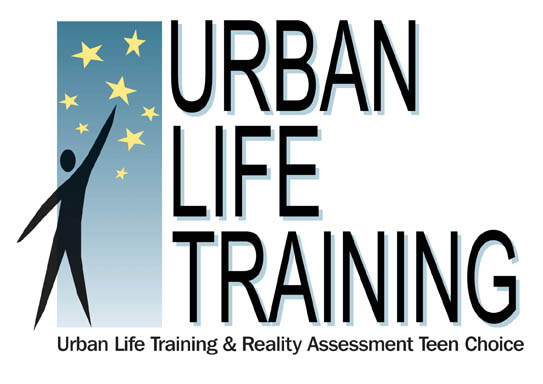- Details
- Category: Sexual Ethics
How were high school girls from New York City and West Palm Beach, Florida recruited into Epstein and associates sex crime ring?
Why haven't the Epstein files been released yet, even though Attorney General Pam Bondi promised to release them?
Richard dives into these important topics.
- Details
- Category: Sexual Ethics

As of 2021, 40% of births in the United States were outside of marriage. However, this does not tell the whole story. For white women, the rate of out of wedlock birth is 28%, for Hispanic women, 53% and for black women 70% (https://www.cdc.gov/nchs/fastats/unmarried-childbearing.htm). Arguably, this is the greatest factor causing racial disparities in child welfare and overall family well-being.
To break the generational cycle of outside of wedlock birth, we need a revolution of abstinence-centered education. Parents should present the expectation of sexual abstinence before marriage to their children, regardless of whether or not they abstained themselves. They should think about what is best for their children’s future, and speak honestly about their own situation.
School and community based programs can back up parents in making this revolution. In one generation this can break the cycle of outside of wedlock births, and all of the related personal and societal consequences.
According to the Youth Risk Behavior Surveillance System, about 2 in 10 9th grade students have had sexual intercourse, but 6 in 10 12th grade students have had sexual intercourse. Obviously, this is very concerning. What is happening in the family, school and social environments that is influencing so many youth to become sexually active?
Certainly, a major factor is the failure to present sexual abstinence in preparation for faithful marriage as an attainable goal. Many youth, especially in urban areas, may not grow up in homes with married parents. Furthermore, they may not know anyone in their community who is married.
Schools that present only so-called “comprehensive” sex education only pay lip service to sexual abstinence. There is no substantive discussion of the many benefits of sexual abstinence in this type of sexual health education. There is also little discussion of the dangers of being sexually active.
A positive alternative is to have abstinence-centered curricula, activities and peer counseling presented to 6th grade to 12th grade students, with abstinent youth opting in to be peer counselors for their fellow students. Clubs should also be formed for youth you are committed to remaining sexually abstinent, or who want to return to sexual abstinence. This kind of education plus peer counseling and clubs is relatively inexpensive to implement when provided by third party providers.
Ideally, this would be the only type of sexual health curriculum taught. In any case, this must be presented as an alternative to all youth. It is extremely irresponsible and abusive to only provide youth with “education” that encourages them to be sexually active without explaining the risks of sexual activity and the benefits of abstaining.
We should educate our children on the benefits of sexual abstinence in preparation for faithful marriage. Simultaneously, we should point out the direct relationship between irresponsible sexual behavior and all kinds of societal chaos, such as increasing suicide rates among youth, poverty, sexual confusion among youth and young adults, and crime.
Our organization, Urban Life Training, provides abstinence-centered curricula and many other resources at urbanlifetraining.org.
- Details
- Category: Sexual Ethics
Father Bayo Adrien talks about US, Universal Siblings and Universal Solutions. We have to take ownership of the problems and the solutions. Abstinence-centered education is needed not just in the schools but in the pulpits.
Father Bayo Adrien and Ayano Adrien speak at the Strengthening Families and Communities Forum, July 22, 2023.
- Details
- Category: Sexual Ethics
Jefferson County Commissioner Jennifer Krouse speaks on stopping the sexualization of children in Jefferson County Public Schools and Providing a Positive Alternative at the Strengthening Families and Communities Forum on July 22nd, 2023.
- Details
- Category: Sexual Ethics
Richard Urban describes the disconnect between talking about societal breakdown and the cause of societal breakdown, which is the decline of two-parent families. With nearly 50% of all births in West Virginia (and elsewhere) coming outside of marriage, it is no wonder that schools are filled with out of control youth.
What is the solution?
A revolution of abstinence-centered education, looking forward to successful marriage as the goal.


